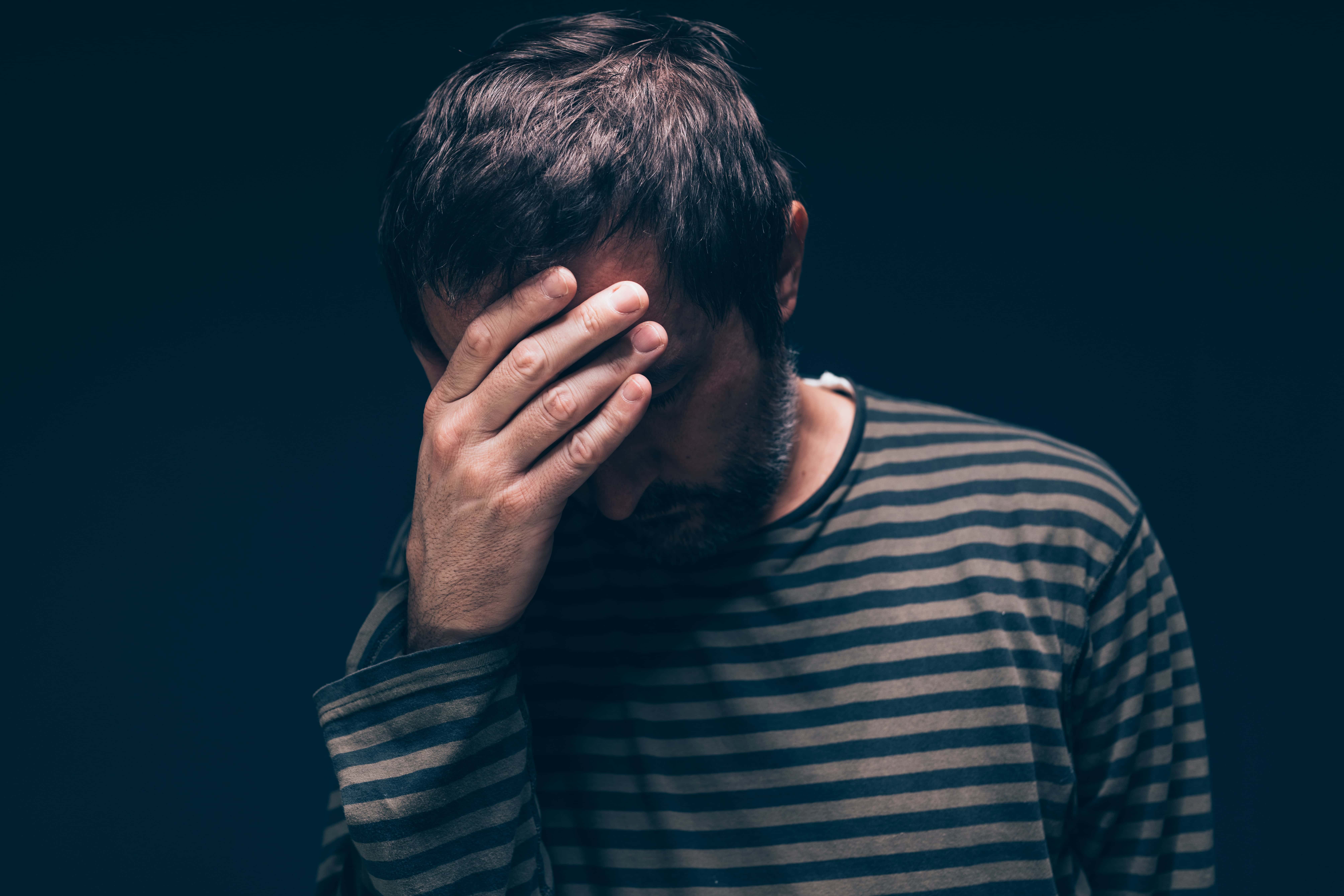Guilt, shame, and addiction are three interconnected aspects that have a profound impact on individuals who struggle with alcohol and substance use disorders. The relationship between these psychological states is complex and often misunderstood. By understanding the link between guilt, shame, and addiction more deeply, we gain valuable insights into the underlying emotional and mental processes that play a significant role in addiction and how to break free with the appropriate detox and rehab programs.
The Psychology of Guilt and Shame
Guilt and shame are powerful emotions that profoundly impact human psychology. Both feelings arise from a sense of moral judgment about one’s actions or behaviors, but they differ in their focus. Guilt revolves around feeling remorse for specific actions or choices that may have harmed oneself or others. In contrast, shame is more about the perception of being inherently flawed as a person.
Individuals struggling with addiction often experience intense guilt over their inability to control their substance use and the subsequent negative consequences it has on their lives and relationships. Moreover, shame adds an extra layer of complexity to addiction. The stigmatization associated with substance use disorders can result in individuals feeling deeply ashamed of themselves and harboring a belief that they are fundamentally defective or unworthy of help and support.
Guilt and Shame: Causes
Guilt and shame can stem from various causes, both external and internal. External factors contributing to guilt and shame may include societal expectations, cultural norms, or religious beliefs that define “good” or “bad” behavior.
Additionally, internal factors play a significant role in experiencing guilt and shame. These internal causes often involve personal values, beliefs, and moral standards individuals uphold for themselves. A profound sense of guilt can emerge when these principles are violated due to actions or behaviors deemed unacceptable by their own standards.
Similarly, shame arises when individuals perceive themselves as falling short of their self-imposed standards or believe they have failed to meet others’ expectations. Past experiences of criticism or ridicule can also influence it.
Toxic Shame and Addiction
Toxic shame refers to a deeply rooted and pervasive sense of being fundamentally flawed, unworthy, or unlovable. It goes beyond regular feelings of shame and becomes a chronic emotional state that can have devastating effects on an individual’s well-being.
Individuals struggling with substance use disorders often carry deep-seated feelings of shame about their addictive behaviors and lifestyle choices. This toxic shame can act as a driving force behind their continued drug or alcohol use.
The connection between toxic shame and addiction is powerful because substance abuse not only perpetuates individuals’ internalized beliefs of being inherently defective but also gives them something tangible to blame for their feelings of worthlessness.
Using Drugs to Heal Guilt and Shame
The interplay between guilt, shame, and addiction becomes cyclical as individuals use substances as a means to escape or numb these painful emotions temporarily. This can further perpetuate the addiction cycle, as substance use becomes an unhealthy coping mechanism for dealing with guilt and shame.
Shame Addiction Cycle
The shame addiction cycle is a recurring pattern in which shame and addiction perpetuate one another. It begins with feelings of shame, leading individuals to turn to addictive substances as a way to cope or escape from this distressing emotion.
As the individual engages in addictive behaviors, they may experience temporary relief from their shame and negative self-perception. However, the consequences of their addiction, such as strained relationships, financial difficulties, or deteriorating health, can further intensify feelings of shame.
Instead of addressing the underlying causes of their shame directly, individuals are caught in this cycle of continued substance use to numb painful emotions once again. This creates a destructive loop where addiction exacerbates shame while simultaneously offering temporary respite.
Addiction Support Options
When it comes to seeking support for guilt, shame, and addiction, there are several options available based on the individual’s needs.
Therapy and Counseling
Individual therapy and group counseling sessions with a trained professional can be highly beneficial in addressing the underlying issues contributing to guilt, shame, and addiction. Therapists use various evidence-based approaches, such as cognitive-behavioral therapy (CBT) and dialectical behavior therapy (DBT), to help individuals develop healthier coping mechanisms and strategies for recovery.
Peer Support Groups
Joining peer support groups as part of one’s recovery plan can provide individuals access to an invaluable network of peers who understand the struggles with guilt, shame, and addiction firsthand. Peer support groups offer a non-judgmental and caring space for individuals to share experiences, obtain guidance, and receive ongoing support throughout their recovery journey.
Inpatient/Outpatient Rehabilitation Programs
Depending on the severity of the addiction, residential inpatient programs or outpatient rehabilitation programs may be suitable options. Inpatient programs provide a structured environment away from triggers and temptations while offering intensive therapies and round-the-clock care. On the other hand, outpatient programs allow individuals to attend treatment sessions while living at home and continuing their daily lives.
Medication-Assisted Treatment
For certain substance addictions, medication-assisted treatment (MAT) may be recommended alongside behavioral therapies, counseling, and support groups.
Overcome Guilt, Shame, and Addiction in Pompano Beach, FL
Take the first step towards overcoming guilt, shame, and addiction in beautiful Pompano Beach, FL at Retreat of Broward. We offer comprehensive and compassionate treatment that addresses the root causes of your struggles. Our experienced team is dedicated to guiding you on your recovery journey. Don’t let guilt and shame hold you back any longer.
Contact us today to start your transformation to a brighter future.






